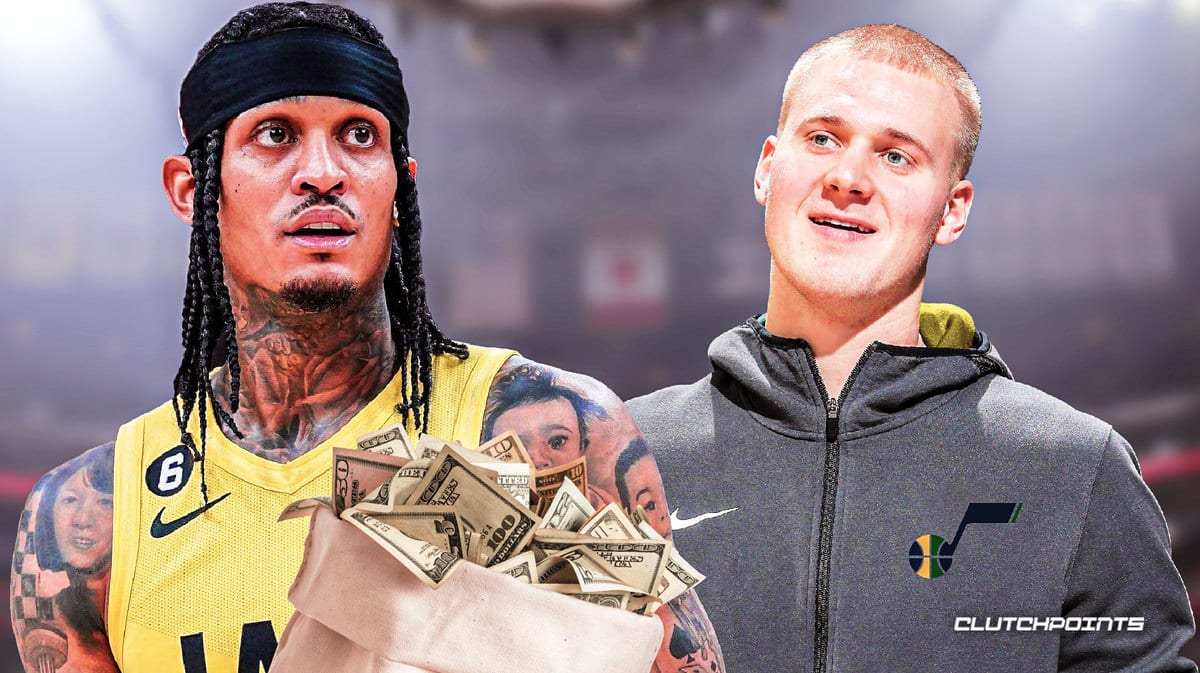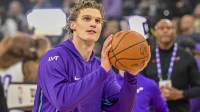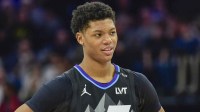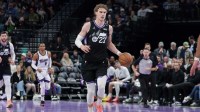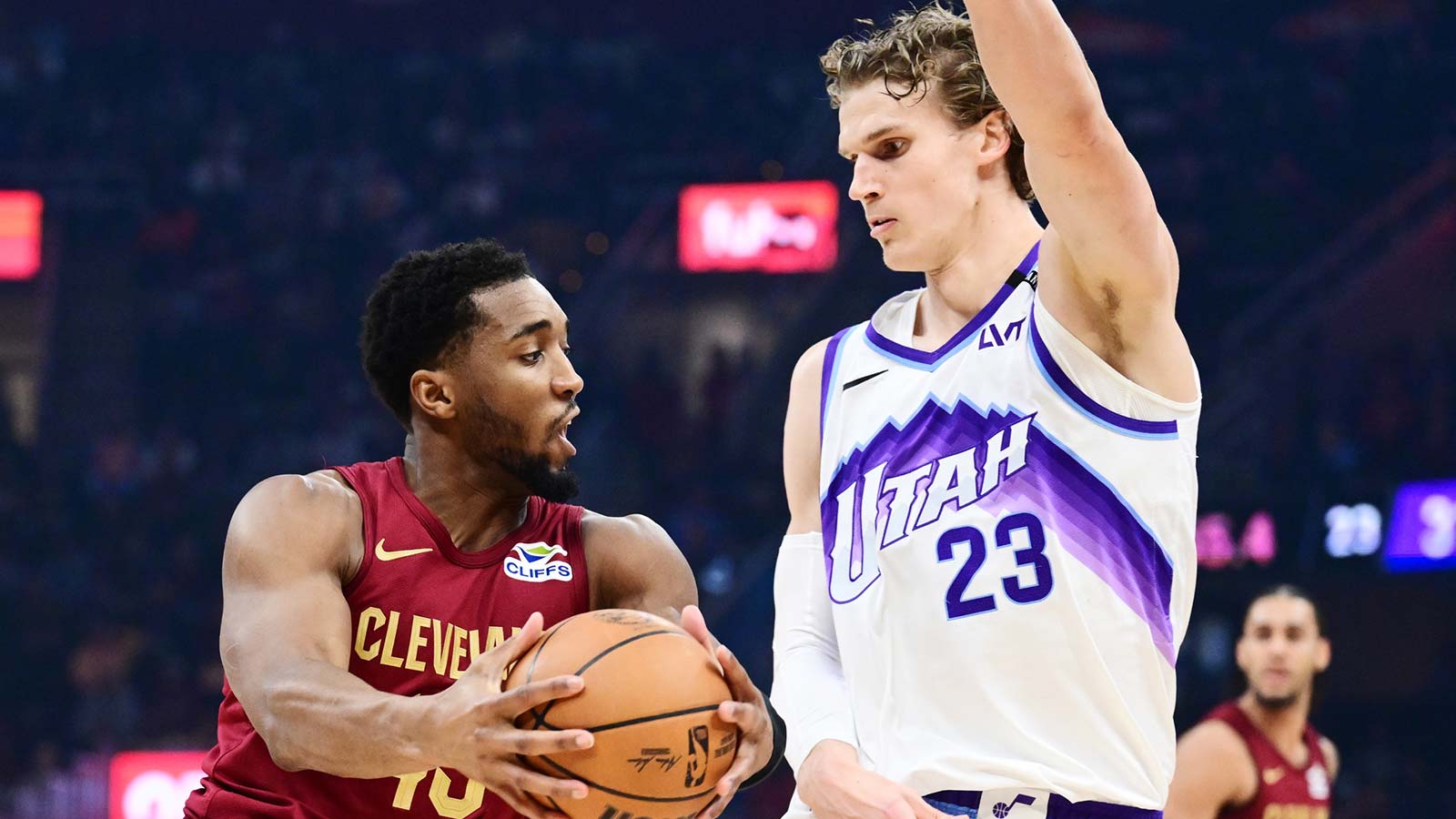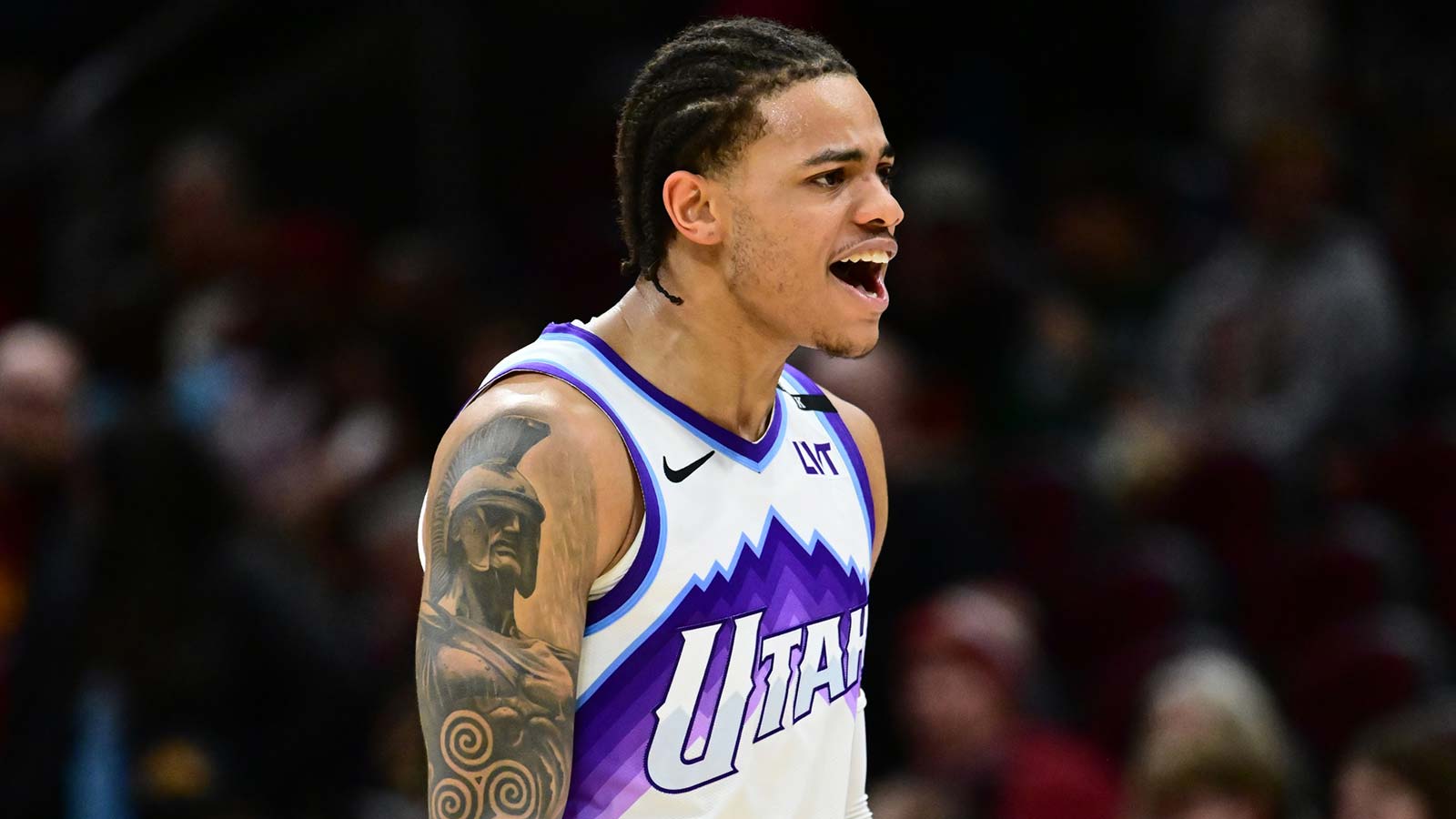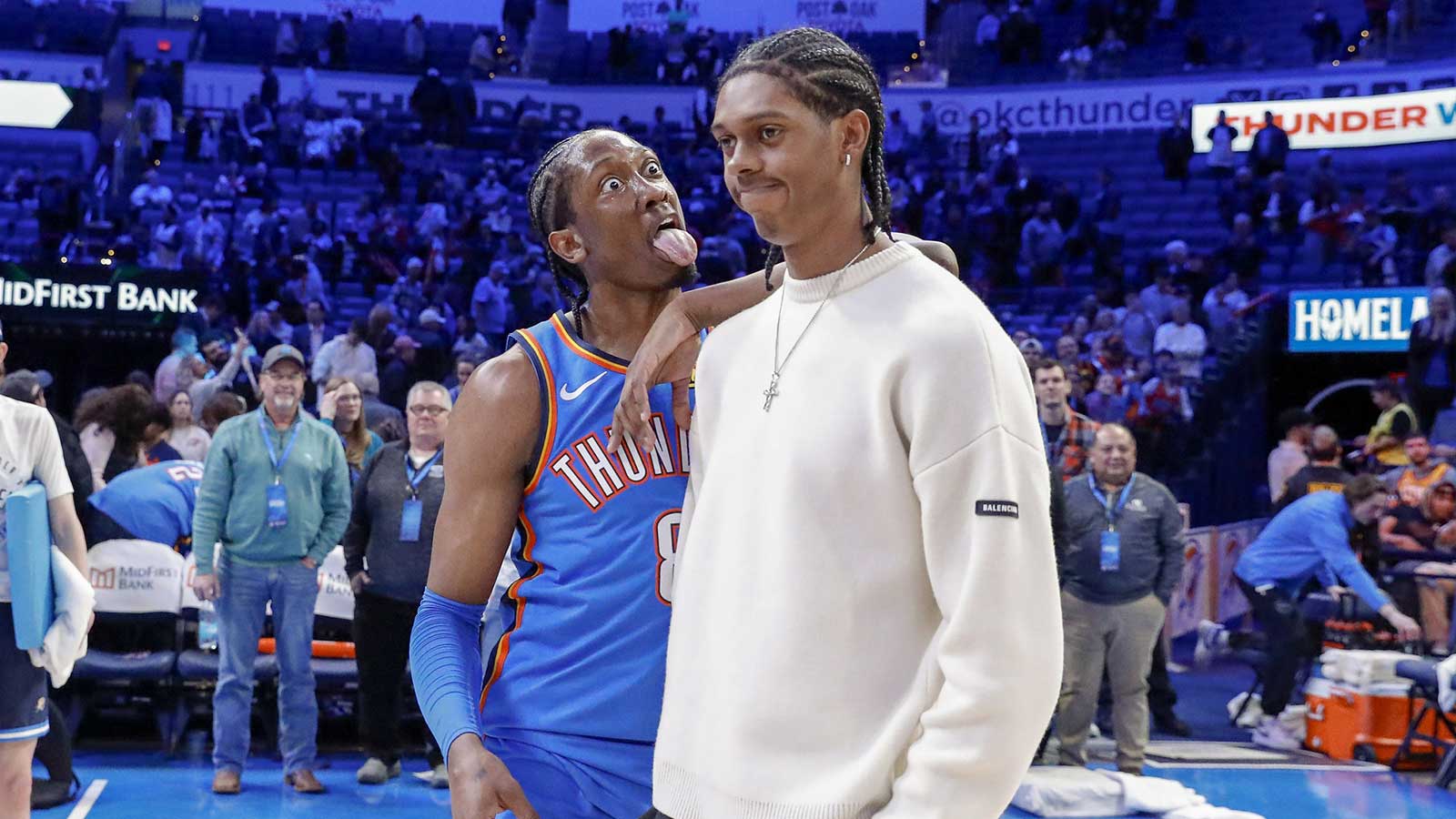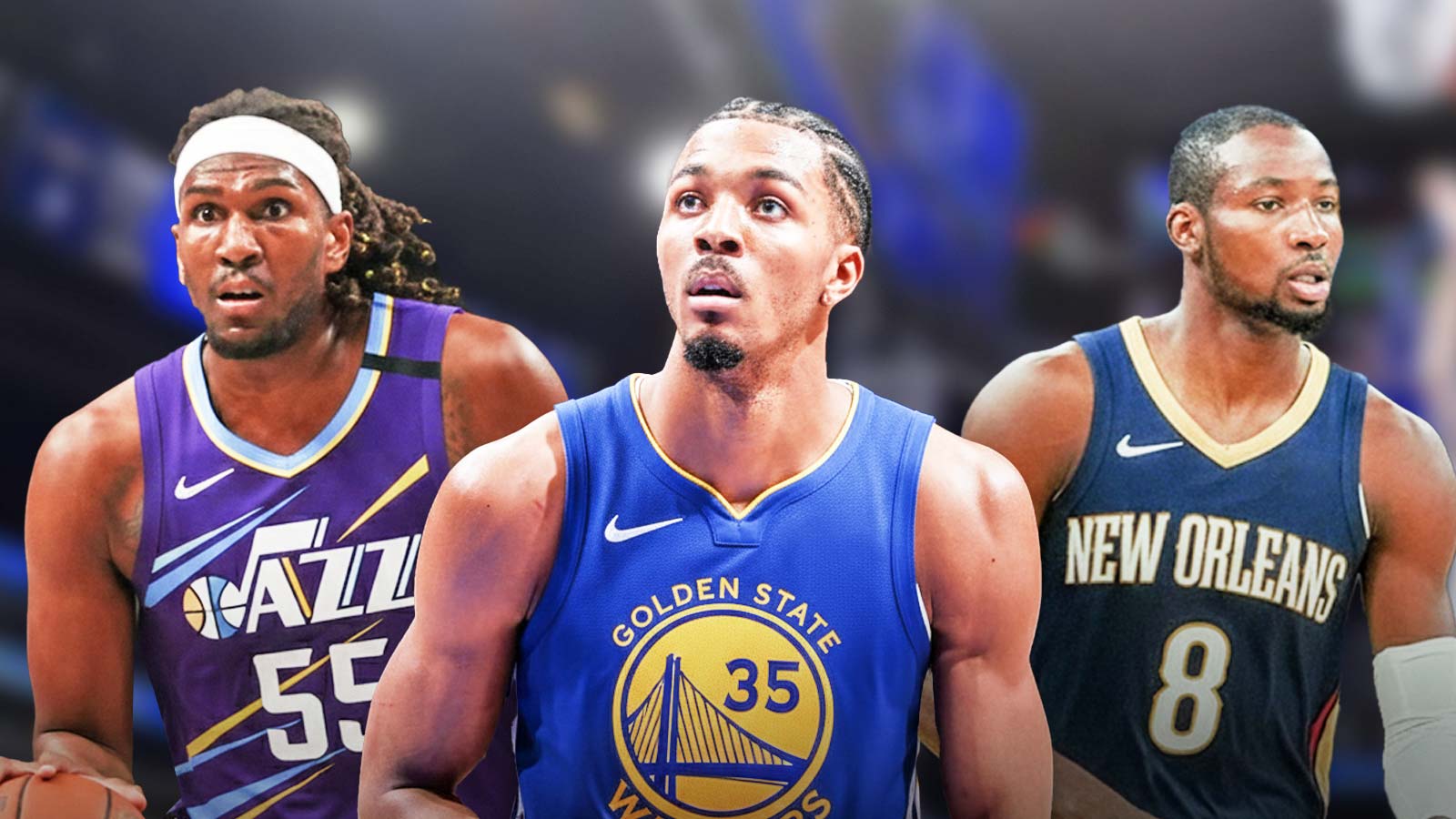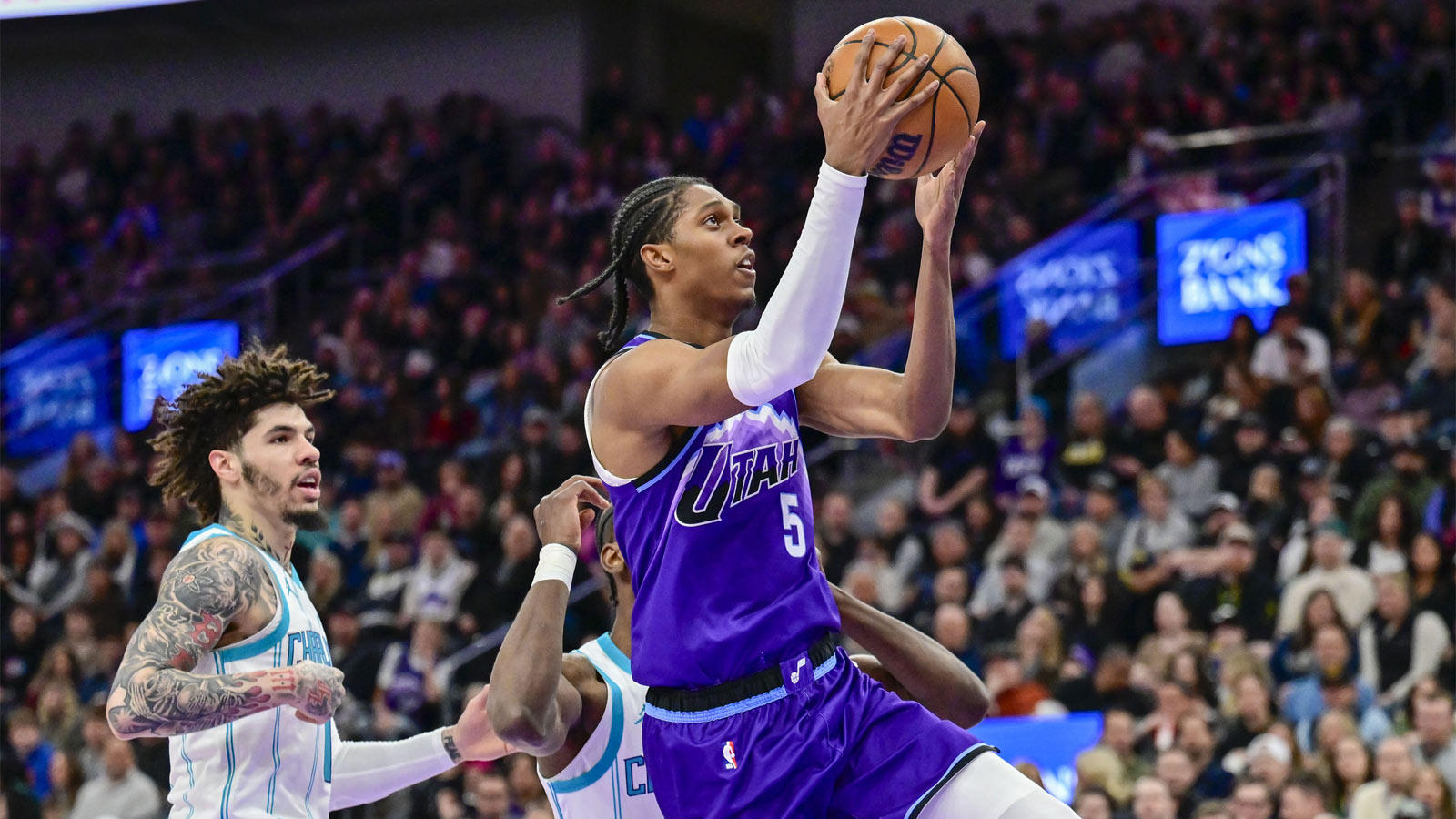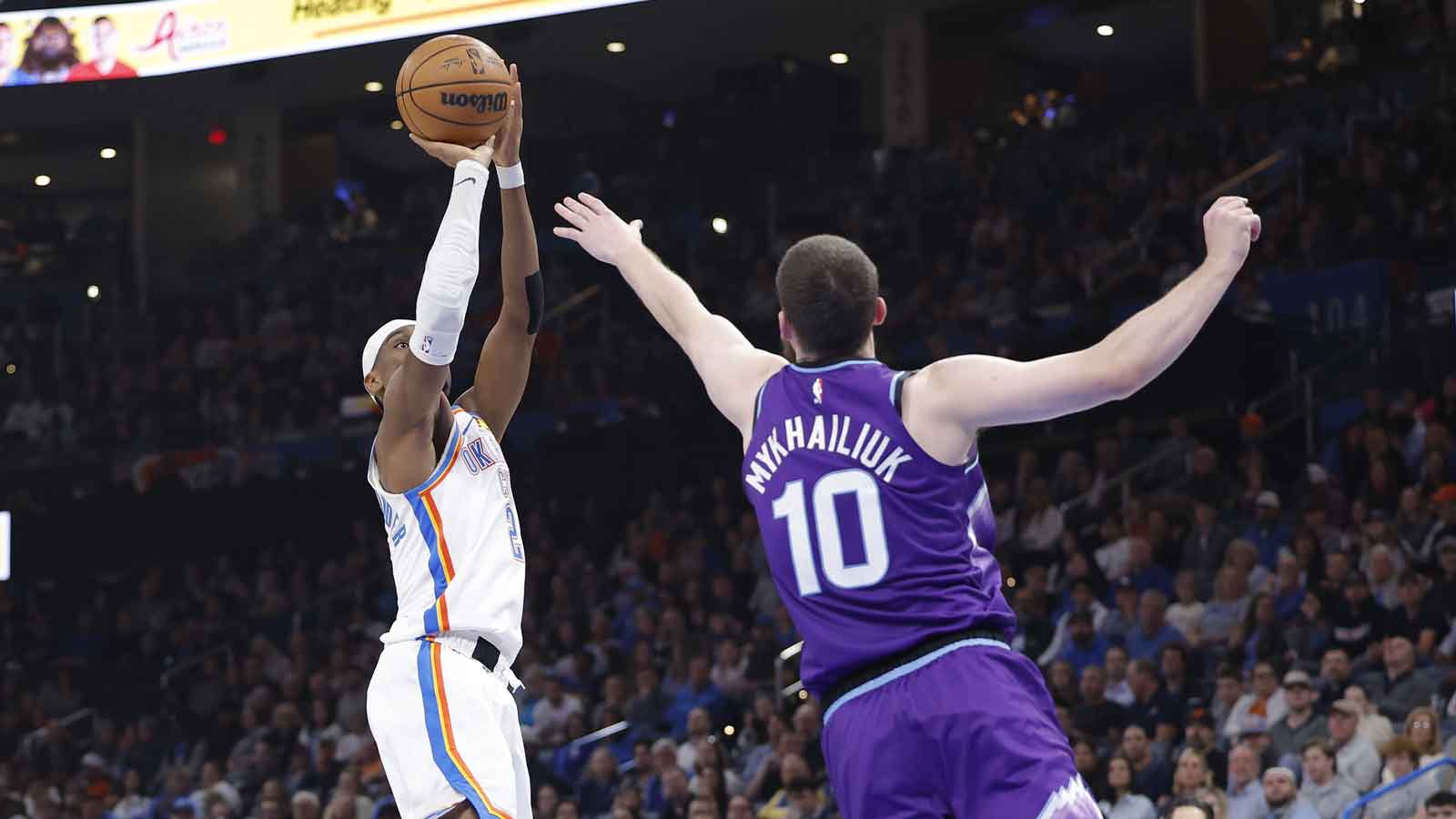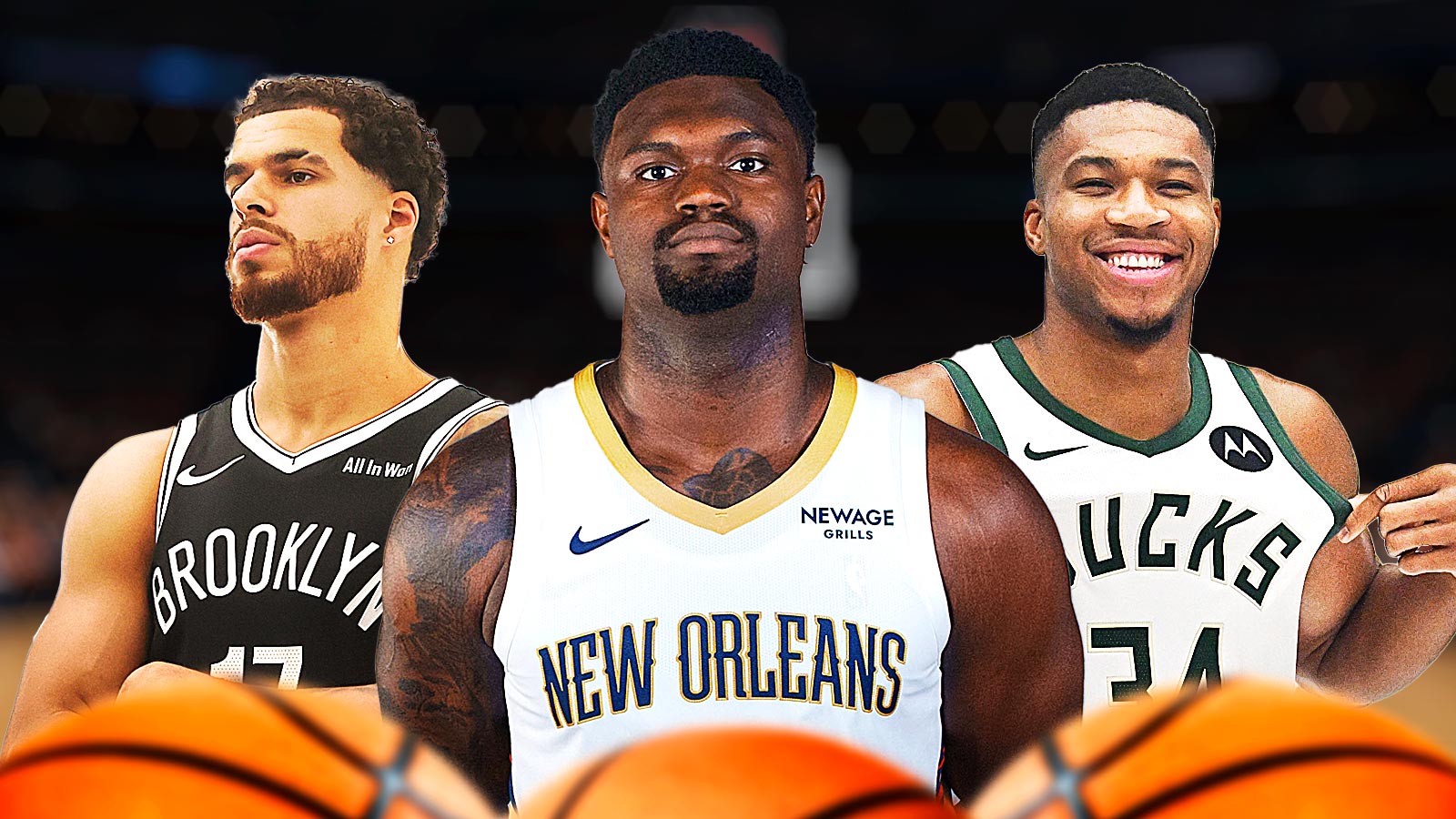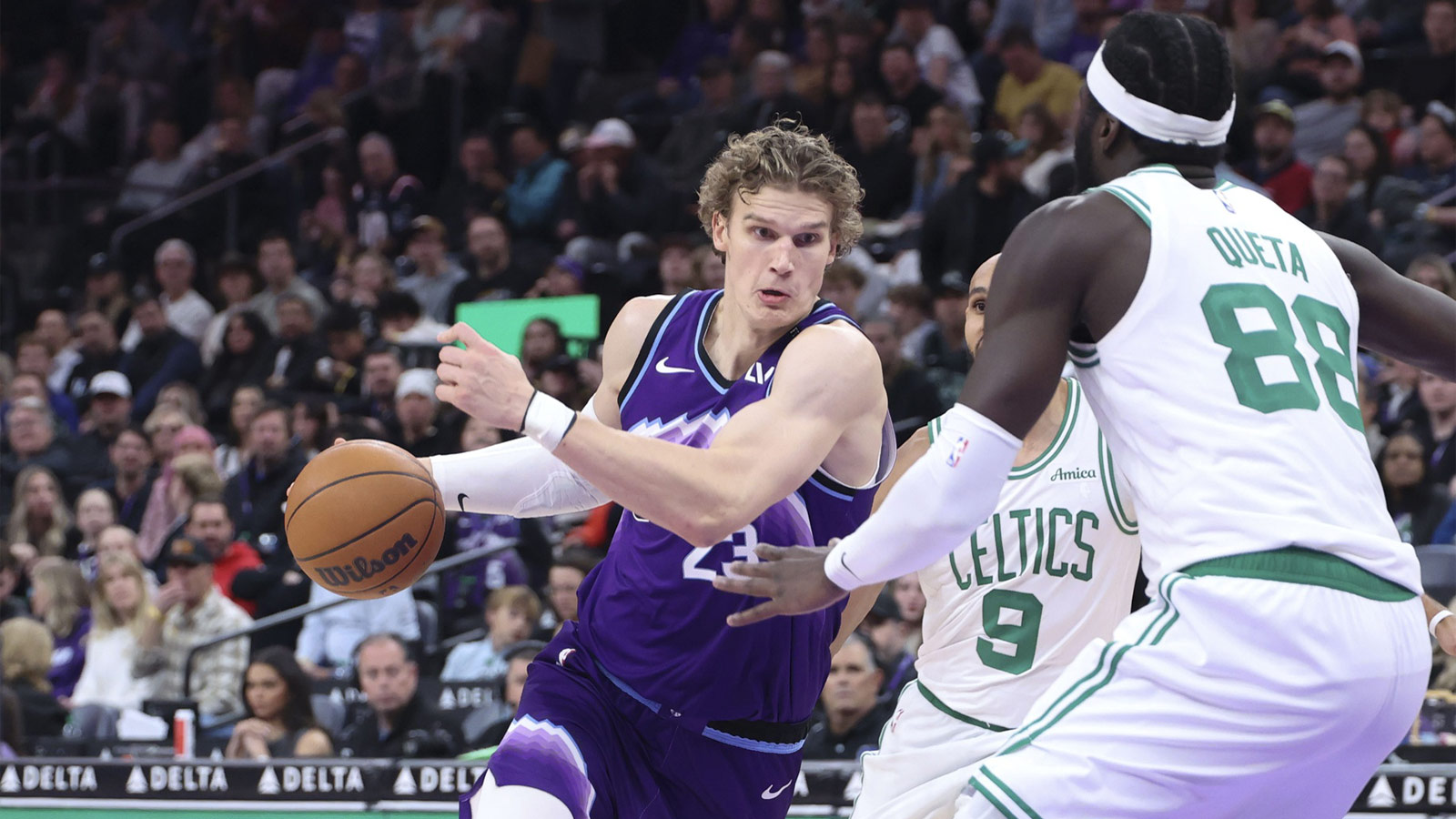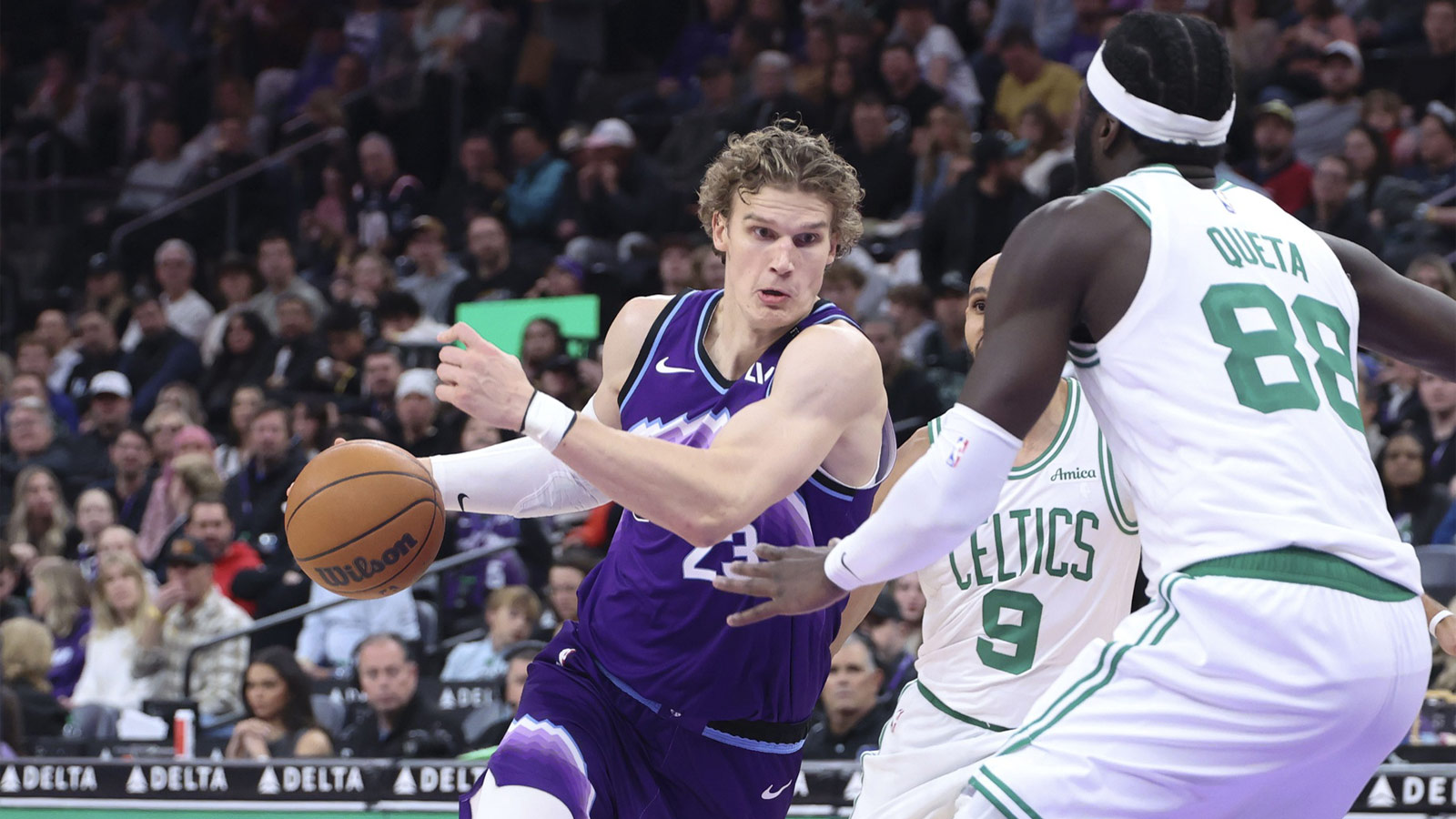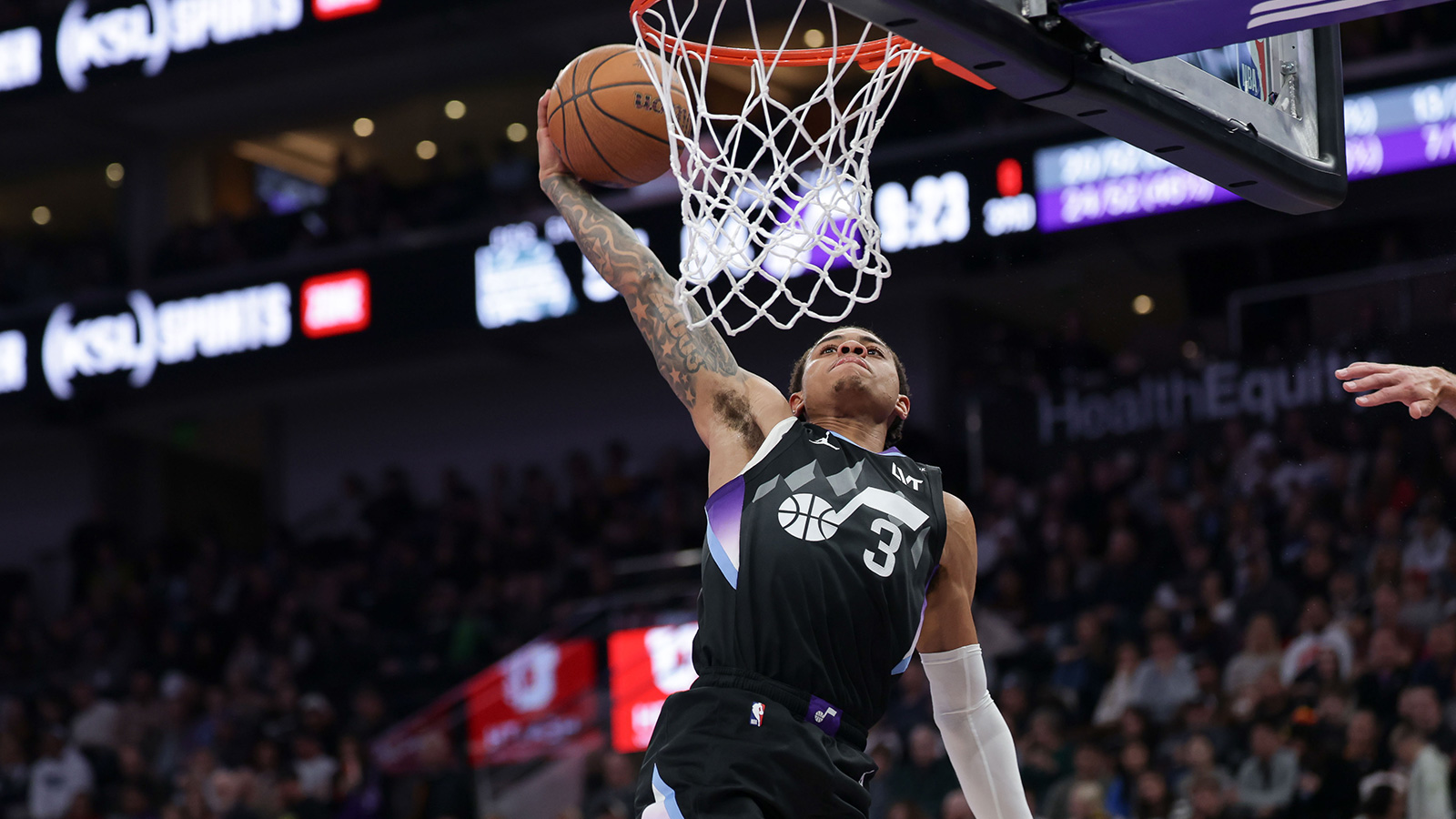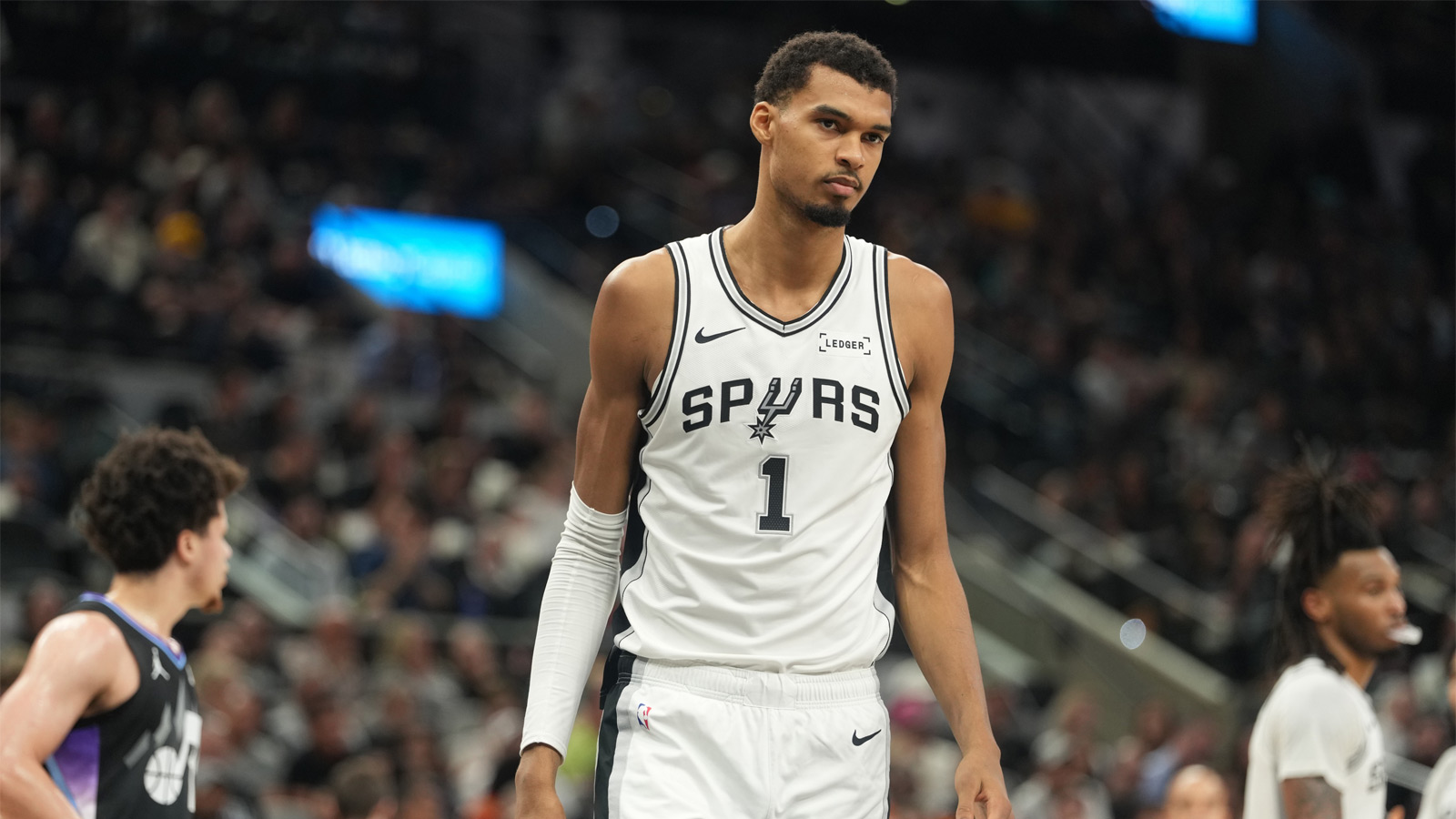The Utah Jazz have positioned themselves over the past year or so to become a team with one of the brightest outlooks in the entire NBA. Of course, the Jazz were already in an advantageous position in the first place, having Donovan Mitchell and Rudy Gobert to trade away for an enviable package of future draft picks, young talent, and helpful veteran players.
Thus, the Jazz didn't really need to make too many moves during free agency. Almost all of their core players, led by Lauri Markkanen, are under contract for the long haul. Moreover, some of the team's most promising players, such as Walker Kessler, Keyonte George (the Summer League breakout star), and Taylor Hendricks are under team control for the long run.
During the 2023 NBA free agency period, the Jazz only needed to take care of the Jordan Clarkson situation. Clarkson and the Jazz failed to agree on a contract extension during the season, but in free agency, the two parties swiftly came to a resolution.
As a result, the Jazz extended Clarkson, giving him a healthy pay raise of around $9 million for the 2023-24 season to go along with two additional years at an average of around $14.2 million per year. After taking care of the 31-year old shooting guard's contract, it was mostly moves on the margins for the Jazz as they try to determine which 15 players they must enter the 2023-24 season with.
With that said, here are grades for all of the Jazz's signings during free agency.
Jazz free agency grades
Giving Jordan Clarkson a three-year extension worth nearly $52 million: B+
There's no mistaking that Jordan Clarkson is an incredibly talented player. Clarkson turned things around during the 2019-20 season, changing his reputation from an inefficient shot-chucker to quality microwave scorer. In the middle of the aforementioned season, the Jazz acquired him to give the team some additional scoring punch in their quest to mount a deep postseason run.
Alas, Clarkson and the Jazz only got as far as the second round, even suffering first-round exits during the 2020 and 2022 iterations of the postseason. This led to the Jazz's eventual decision to embark on a rebuild, with many wondering whether the 2021 NBA Sixth Man of the Year could soon join Donovan Mitchell and Rudy Gobert on the way out of Salt Lake City.
In the end, not only did the Jazz keep Jordan Clarkson, they also gave him a starting job. Clarkson responded with one of the best seasons of his career, tallying 20.8 points per game across 61 starts for the surprising 2022-23 Jazz, a team that remained competitive for most of the season before they dealt away some of their most crucial rotation pieces.
Still, with Clarkson being 31 years old already, it seems like a move to a contending team is only a matter of “when”, not “if”. And the explosive scoring guard certainly held the decision regarding which team to play for for the 2023-24 season, choosing to stay with the Jazz in the end.
Given the Jazz's current focus on youth development, the way Clarkson's contract is structured is important to take into consideration when grading the deal. Clarkson will be making $23.5 million next season, and then in the two years thereafter, he'll be making just an average of $14.1 million, according to Spotrac.
Thus, this means that taking on the 31-year old's contract will be more appealing for teams in search of a scoring spark plug in the future, as they will be on the hook for just $28.2 million for two years — which isn't too big of an obligation for as long as Clarkson maintains his level of play.
At the very least, Clarkson's presence will help the Jazz ease Keyonte George into the fray, while also allowing the team to continue exploring trades for Collin Sexton. And he's also a very helpful voice to have around in the locker room. Overall, this was a good deal for the Jazz, and a nice payday for the 6'4 combo guard.
Signing Joey Hauser to a two-way contract: B-
The Jazz have a stacked frontcourt, especially after the addition of John Collins. At the time of writing, the Jazz have Collins, Lauri Markkanen, Walker Kessler, Kelly Olynyk, and Taylor Hendricks as options to play the four and the five, not to mention Luka Samanic and even Simone Fontecchio, both of which are power forwards as well.
Thus, Joey Hauser may find it difficult to make the most out of his 50 games on the two-way contract. Then again, Hauser was one of the best shooting big men in the collegiate ranks last season. And if CEO of Basketball Operations Danny Ainge believes that they need more shooters with size, then taking a look at what they have in Hauser could pay dividends for the team.

